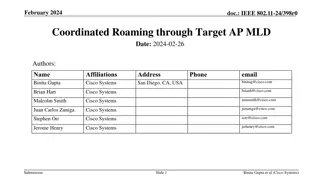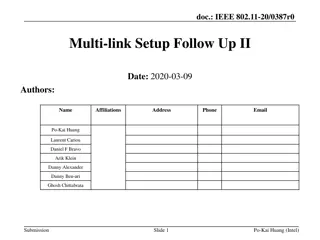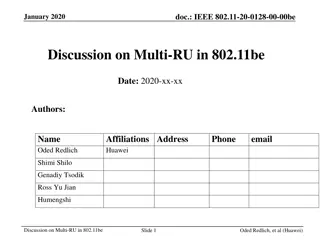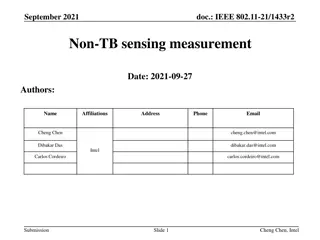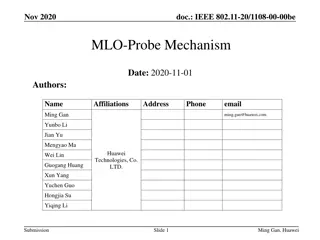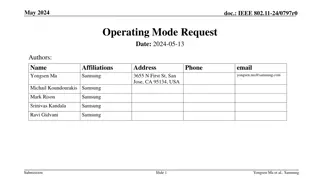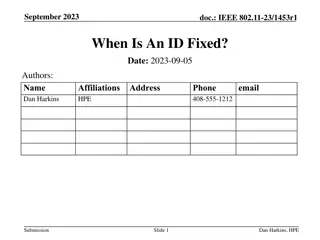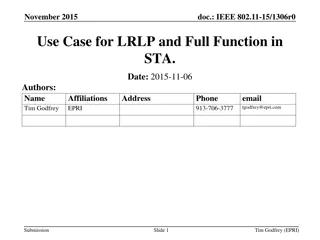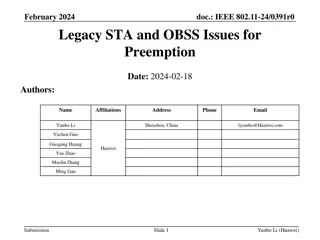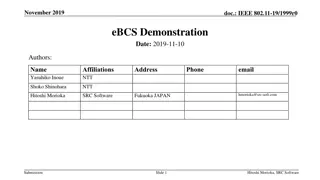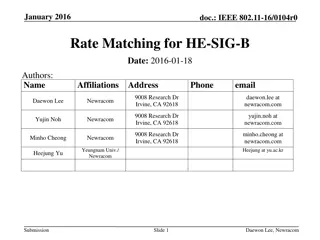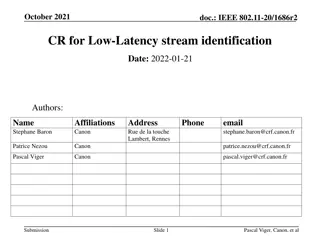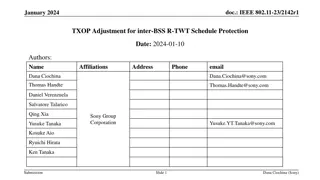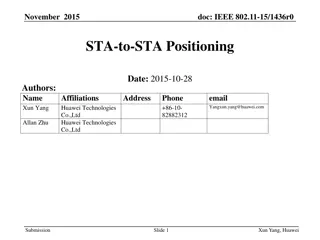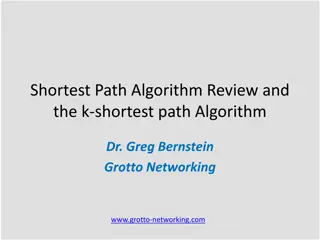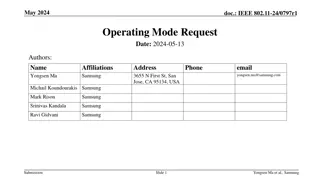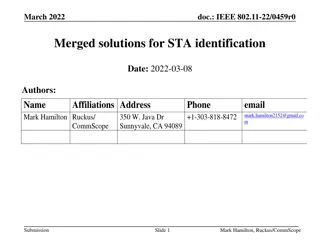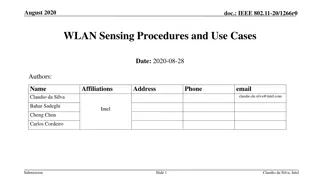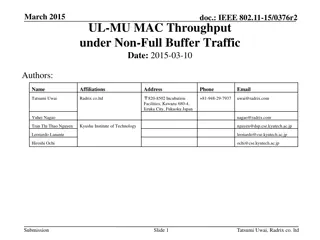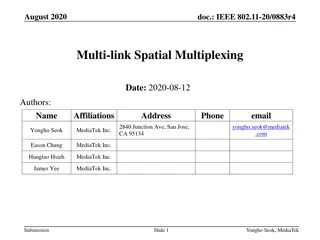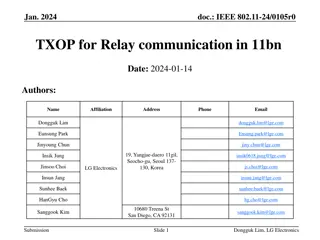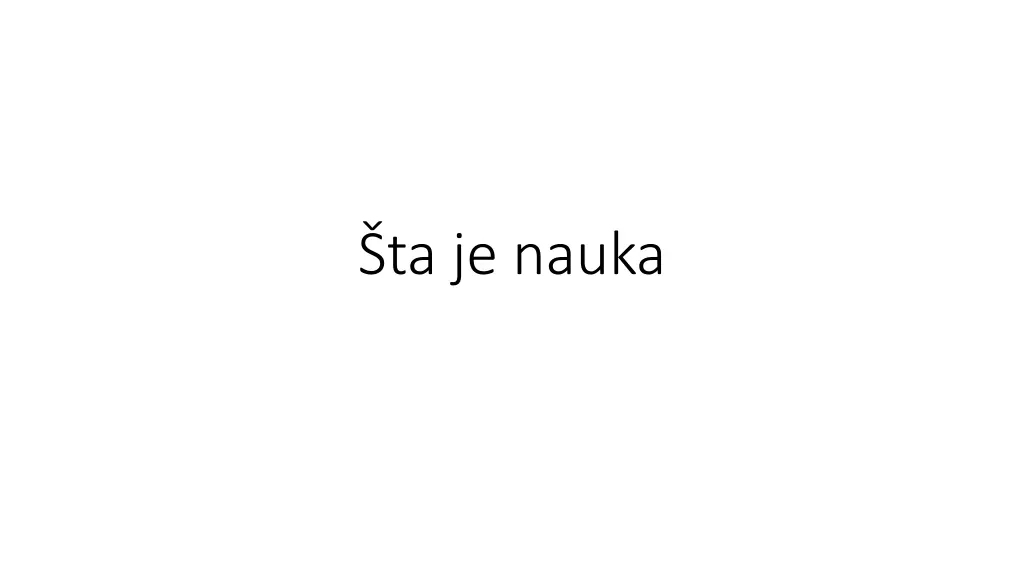
Understanding the Concept of Science and the Research Methodology
Explore the definition of science, distinguish between beliefs and ideologies, and delve into the scientific method through discussions on knowledge, rationality, religion, metaphysics, and research structures like Kuhn's scientific revolutions.
Download Presentation

Please find below an Image/Link to download the presentation.
The content on the website is provided AS IS for your information and personal use only. It may not be sold, licensed, or shared on other websites without obtaining consent from the author. If you encounter any issues during the download, it is possible that the publisher has removed the file from their server.
You are allowed to download the files provided on this website for personal or commercial use, subject to the condition that they are used lawfully. All files are the property of their respective owners.
The content on the website is provided AS IS for your information and personal use only. It may not be sold, licensed, or shared on other websites without obtaining consent from the author.
E N D
Presentation Transcript
Teme za razgovor Izvorno: latinski: Scientia = znanje Me utim, ta je znanje? Kako razlikujemo Stavove i verovanja Ideologije Zdrav razum Religiju Metafiziku od NAUKE
Definisati concept i termin nauka je izuzetno izazovan zadatak. Recimo, komisija za javne poslove Ameri kog fizi kog dru tva, na primer, predlo ila je definiciju koju neki opisuju kao istu nauku: Science is the systematic enterprise of gathering knowledge about the world and organizing and condensing that knowledge into testable laws and theories (Burns et al., 2003: 185) One could be forgiven for thinking that a working definition of science would be easily obtainable, given the enormous volume of work in science and the vast number of people working on scientific endeavors. However, nothing could be further from the truth. The absence of a clear consensus on the definition of science is most clearly illustrated by the stance of the Oxford Dictionary of Science, which has omitted a definition of science and the scientific method altogether! (Phelan, 2001: 121)
Tradicionalana definicija science is our most reliable source of knowledge in a wide variety of areas (Hanson, 2014) ta zapravo to zna i? Stanford encyclopedia of philosophy (http://plato.stanford.edu/about.html) nema odrednica za termin nauka
Kunova Struktura naunih revolucija i tuma enje istorije nauka (Normalna) Nauka = research firmly based upon one or more past scientific achievements, achievements that some particular scientific community acknowledgesfor a time as supplying the foundation for its further practice. (Kuhn, 1996: 10) Prihva eno znanje = Paradigme (u savremeno doba u vezisa ud benicima i akademskim publikacijama): law, theory, application, and instrumentation together provide models from which spring particular coherent traditions of scientific research (p.10) Izvanredna nauka promene paradigm, nau ne revolucije (uglavnom kao rezultati neo ekvanih otkri a i iznedrenih zaklju aka) pp. 51-63
Almost always the men who achieve these fundamental inventions of a new paradigm have been either very young or very new to the ffeld whose paradigm they change (p. 90) Osnova svakog novog nau nog razvoja - hrabrost, kreativnost, radoznalost, tuma enje Odli na kratka argumentacija Kunove teorije nau nog razvoja: https://www.youtube.com/watch?v=L70T4pQv7P8
ta je istraivaki metod? Aksiom nauke nema Bez ISTRA IVA KOG METODA ta je istra iva ki metod? Zabavan i pou an video klip: Teoreti ar kvantne mehanike Ri ard Fajnman o nau noj metodi https://www.youtube.com/watch?v=EYPapE-3FRw
Prva stranica na portal google scholar u potrazi za random definicijom nau nog metoda
Radna definicija naunog metoda? Cory Lewis, HPS200, Science and Values, at the University of Toronto https://www.youtube.com/watch?v= eFowIj1uFxU Ako se vratimo Kunovoj definiciji paradigme i promena paradigme: Nau ne injenice se mogu osporiti Otuda: promena pristupa, metoda i tehnika istra ivanja Nauka 21. veka: sposobnost da promeni sopstvenu su tinu (O tome c e biti re i u nastavku kursa)
Reference: Burns, T. W., D. J. O Connor & S. M. Stocklmayer. 2003. Science communication: a contemporary definition. Public Understanding of Science, 12: 183-202. Hansson, S. . 2014. Science and Pseudo-Science, The Stanford Encyclopedia of Philosophy (Spring 2014 Edition), Edward N. Zalta (ed.), URL = http://plato.stanford.edu/archives/spr2014/entries/pseudo-science/, retrieved on January 30, 2015. Kuhn, Thomas. 1996 (1962, 1970) The structure of scientific revolutions, 3rd ed. Chicago and London: The University of Cichago Press. Phelan, S. E. 2001. What is complexity science, really? Emergence, 3(1): 120-136.

